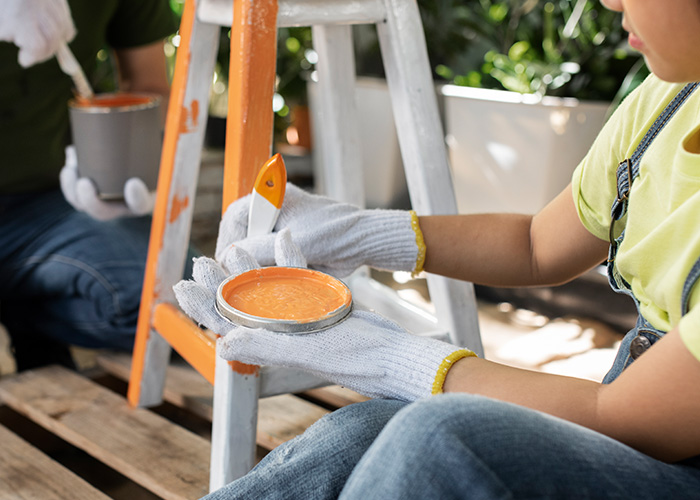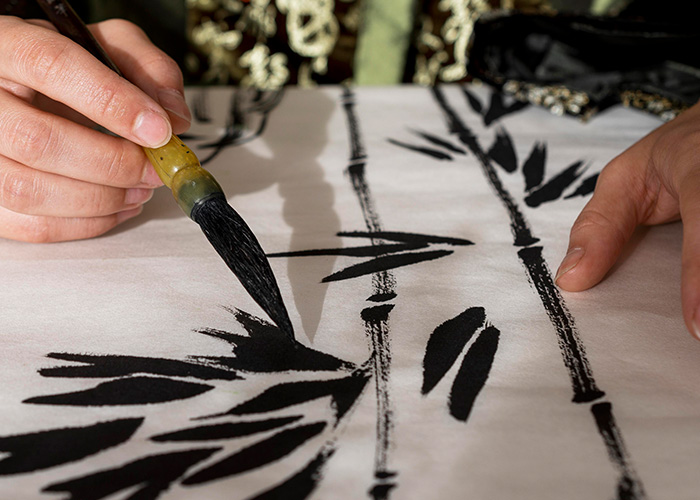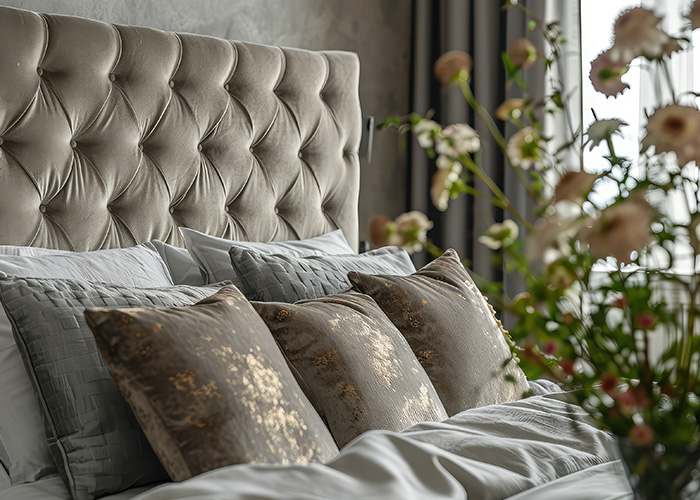There are ways to keep your metal homeware and tools clear of rust! Don’t we all just hate the orange-brown rust surprise we get when taking an item out after putting it safely away for the next use? A little bit of rust doesn’t necessarily mean it is the end of the road for that item. You will be surprised at how many ways there are to remove that pesky rust from metal surfaces.
Home Recipes to Remove Rust
What do lemons, vinegar, potatoes, and baking soda have in common? They’re all excellent natural solutions for removing rust.
Let’s look at a few of these commercially available removable solutions and recipes:
Rust Converter
Rust converter is a product that prevents further corrosion to an item by covering rust. You will basically treat the rusty item by applying a thin layer of the converter with a roller or brush to the item.
Pros: It is a quick solution to stop further corrosion.
Cons: It is not as effective in removing rust completely. You are simply stopping the process of further corrosion with this method.
Chemical Solutions
Chemical solutions are powerful and effective. They work wonders on smaller items which you can soak in the solution for a couple of hours. You can also pour the solution over the item if soaking is not an option. Once the solution has worked, you rub the rust off with a cloth.
Pros: It works!
Cons: This method is quite messy and can take longer to set. You will also have to use gloves and wear a mask and possibly even protective glasses for this method.
Abrasive Tools
This method requires a bit of old-fashioned elbow grease!
Remove the rust from the item by using an electric sander, steel brush, screwdriver or steel wool to scrape and brush most of the rust from the item. After which you can finish with fine grain sandpaper to remove marks and any leftover residue.
Pros: A good method for less intense rust projects.
Cons: An easy method by using items you probably already have at home. It requires a bit of hard work from the arm muscles!
White Vinegar Soak
This method can get rid of significant rust and works well on tools and items that are all steel and can be submerged. Dissolve rust by soaking the metal in white vinegar overnight (or for several nights) before scraping off the rust with a metal brush. For bigger items you can soak rags in white vinegar and wrap the rusted area.
Pros: You can leave the item and forget about it for a couple days…after which the rust will easily be removed without any hard work.
Cons: It is a longer process and takes a while to achieve results.
Baking Soda Paste
Mix water and baking soda into a thick paste and spread the paste all over the metal, covering all the rusty spots. Leave the paste on for a couple of hours and use steel wool or a wire brush to scrub and remove the rust. Rinse the paste off with water and dry. This method works well on less severe rusted items like baking pans, light rust rings and thin metal.
Pros: A very affordable and simple option.
Cons: It requires a bit of elbow grease to remove the rust once the paste sets.
Lemon and Salt Recipe
Sprinkle a generous amount of salt over the rusted area. Then cut a lemon or lime in half and squeeze the juice over the salt. Let the mixture sit for a couple of hours, then scrub away the rust with the rind. Repeat again if needed. This method is perfect for less stubborn rust stains like on kitchen knives.
Pros: The abrasive process is minimal. A very affordable and simple option.
Cons: This method won’t work on bigger rust projects.
There are even more ways to be investigated such as submerging items in Coca-Cola, citric acid and even covering them in a mixture of dish soap and potato! If all else fails, remember that the best method is still to rather prevent rust before it starts. Here are 6 tips for rust prevention
Six Tips for Rust Prevention
Store metal objects and tools in a dry area with low humidity.
Apply a protective coating on your objects two to three times per year. There are lovely products available on the market for knifes as well as for tools.
Prevent scratches that leave metals exposed.
Use stainless steel.
Use galvanized metal that preserves steel for many years.
Regular rust maintenance will keep the rust under control.



















